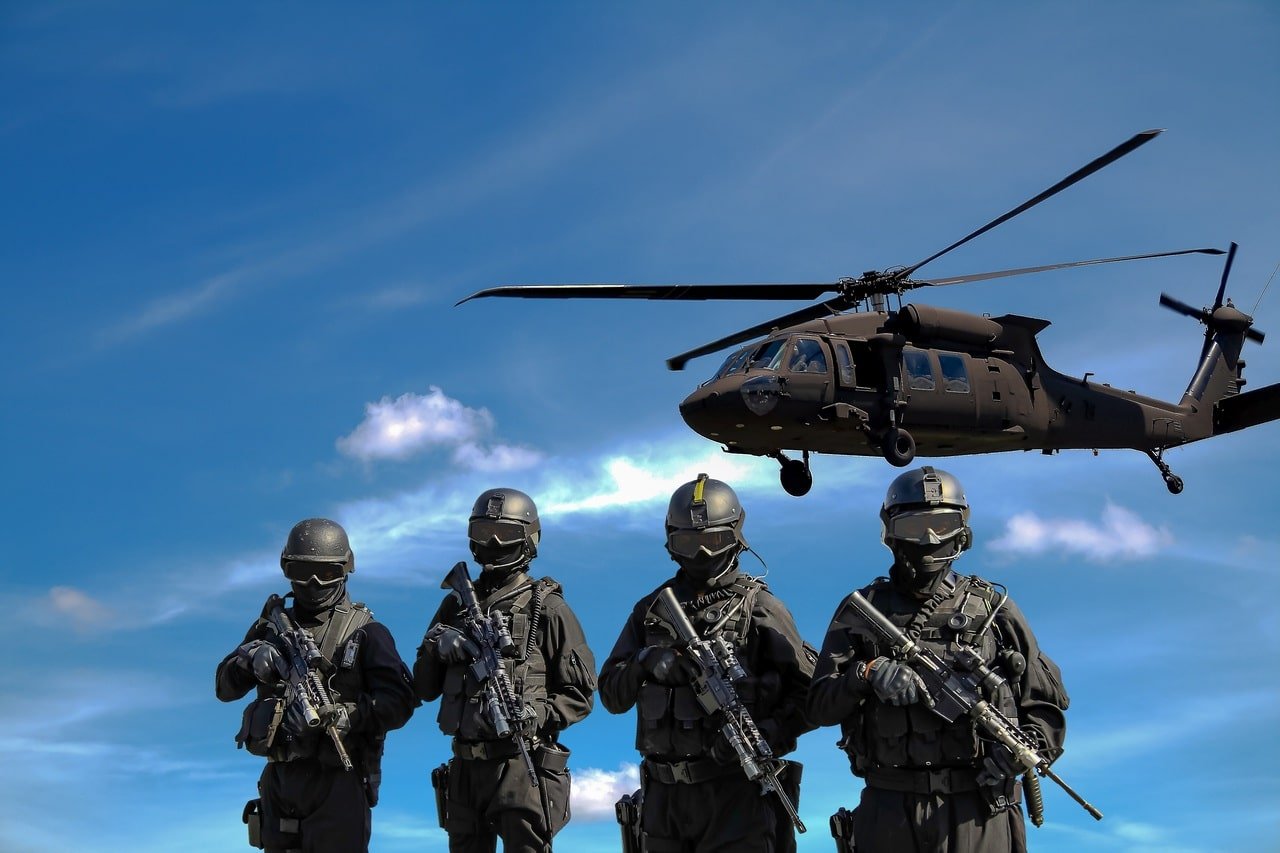In a significant move reflecting the escalating tensions in the Middle East, the United States has deployed troops to Cyprus, underscoring its commitment to maintaining stability in a region fraught with uncertainty. This decision comes amid growing fears of a wider conflict, following a series of violent incidents and geopolitical developments that have heightened anxieties among nations in and around the region. The deployment is seen as a strategic precautionary measure, aimed at bolstering the US military presence and providing support to American forces already engaged in various operations across the Middle East.
The recent surge in hostilities has raised alarms in Washington, prompting officials to reassess their military strategies in the region. Reports indicate that conflicts involving various groups and nations have intensified, leading to a precarious security environment. In response, the US government has prioritized strengthening its military capabilities and partnerships with allies, recognizing that regional stability is crucial not only for the Middle East but also for global security interests. Cyprus, with its strategic location, serves as an ideal base for US operations and as a platform for coordinating efforts with allied forces.

The deployment of troops to Cyprus also reflects a broader trend of increasing military engagement by the United States in response to global crises. Historically, the US has maintained a strong military presence in the Middle East, particularly in areas affected by conflict and instability. The current situation, marked by complex political dynamics and competing interests among regional powers, has necessitated a proactive approach. By positioning troops in Cyprus, the US aims to enhance its ability to respond swiftly to emerging threats, while also signaling its commitment to supporting its allies and safeguarding its interests.
Furthermore, this deployment comes at a time when international diplomatic efforts to resolve ongoing conflicts in the Middle East face significant challenges. Despite various initiatives aimed at fostering dialogue and reconciliation among rival factions, the reality on the ground remains fraught with tension. The US has expressed its commitment to working alongside allies to facilitate peace talks and address the root causes of the conflicts. However, as violence escalates, the situation becomes increasingly complex, necessitating a robust military presence to deter aggression and protect civilian populations.
As the situation unfolds, the international community remains vigilant, closely monitoring developments in the region. The deployment of US troops to Cyprus is just one element of a broader strategy aimed at addressing the multifaceted challenges facing the Middle East. Leaders from various nations are calling for restraint and dialogue, emphasizing the need for a cooperative approach to mitigate tensions. In this context, the US military presence is viewed as both a deterrent against potential aggressors and a stabilizing force for the region.
In conclusion, the deployment of US troops to Cyprus signifies a critical juncture in the response to escalating tensions in the Middle East. As fears of a wider conflict mount, the US is reaffirming its commitment to regional stability through military engagement and collaboration with allies. While the hope remains for diplomatic solutions to emerge, the current realities on the ground necessitate a proactive approach to ensure security and protect interests. The international community must remain united in its efforts to foster dialogue and reconciliation, with the understanding that lasting peace in the Middle East is essential for global stability.


















